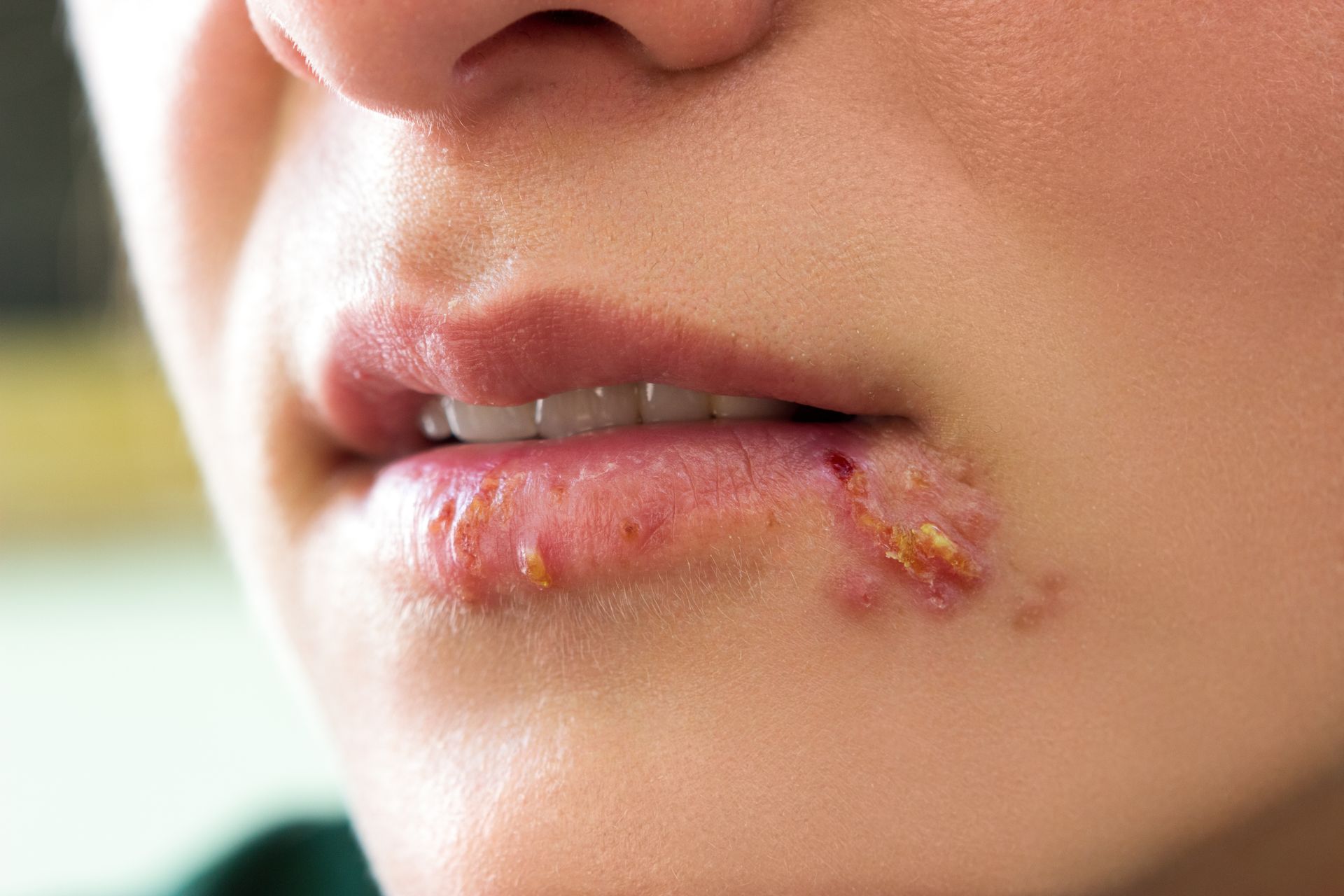Herpes

The herpes simplex virus has two main varieties. HSV-1 causes oral cold sores; HSV-2 causes genital herpes. Two-thirds of the world's population have HSV-1. In the United States, one in six people has HSV-2.
HSV-1 is transmitted through kissing or sharing objects such as toothbrushes or eating utensils. Genital herpes is spread through sexual contact. It may cause itching, pain and sores, or it may have no symptoms at all. Even if there are no symptoms, infected people can still be contagious. If there are symptoms, they usually appear from two to twelve days after exposure.
Herpes outbreaks tend to recur. Before each incident, sufferers may experience burning, itching or tingling at the initial infection point, or pain in the lower back, buttocks or legs. Recurrences tend to be less painful than the initial episode.
SEEK HELP FOR THESE SYMPTOMS:
* Flulike symptoms, including fever, headaches, muscle pain and swollen lymph nodes
* Ulcers formed by blisters that have ruptured
* Genital itching or pain
* Small red bumps or white blisters on, in or around the mouth, genitals, upper thighs and/or buttocks
* Pain caused by urine coming into contact with open lesions
* Scabs from healing ulcers
TREATMENT:
Oral outbreaks usually clear up within two to four weeks, although prescription antiviral drugs such as acyclovir, famciclovir, penciclovir or valacyclovir can speed the process.
There's no cure for genital herpes. Acyclovir and valacyclovir can help sores heal and can reduce the chance of recurrence and transmission.
* Herpes symptoms, including sores on the mouth or genitals, come and go, increasing the chances it may stay undiagnosed.
